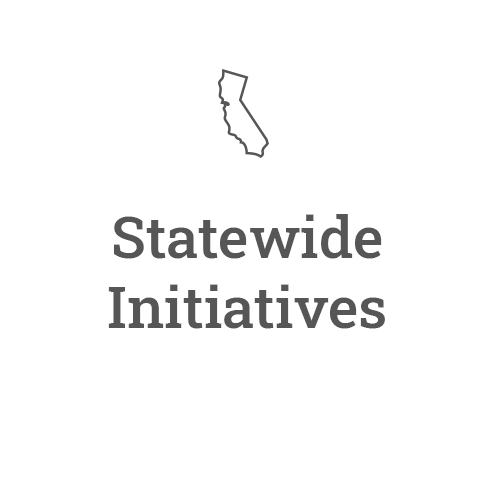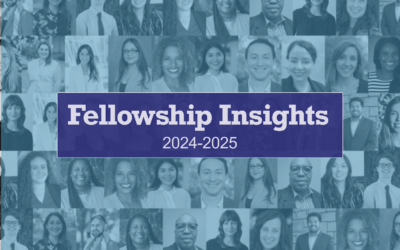
EdInsights is a research center
EdInsights’ purpose is to conduct research, provide evaluation services, and create collaborative professional learning spaces that inform and advance anti-racist approaches to policymaking and practice so that minoritized student populations have equitable opportunities and outcomes in their public education and career journeys.
Featured Publications and Media
A Year of People, Partnership, and Purpose at EdInsights
As we wrap up 2025, we’re reflecting on what this year has encompassed for EdInsights. As a center that prides itself on its people-first approach, we’re excited to share some of our staff’s favorites for the year. EdInsights is fortunate to have an exceptional and diverse team behind all of the work that we do.
Beyond the Algorithm: Humanizing AI in Culturally Diverse Classrooms
AI’s potential for personalization offers a compelling solution. AI-powered tools can analyze student data to identify individual learning gaps, curate culturally relevant resources, and generate personalized learning paths. Imagine an AI tutor providing real-time feedback in a student’s native language, or an AI-powered platform recommending texts and videos that reflect a student’s cultural background, fostering a deeper connection to the learning material. This level of bespoke support moves beyond simply delivering content; it acknowledges and celebrates individual identities, making learning more accessible and resonant.
Affirming Futures: Why We Must Protect and Expand Lavender Graduations and Culturally Affirming Practices
The “Dear Colleague Letter” from the U.S. Department of Education has sparked national debate over the legality of affinity spaces in higher education. Amid this uncertainty, California stands firm with legislative support to sustain affirming spaces for marginalized students. As LAist recently reported, these conversations are intensifying during commencement season.“In California we have the backing of the Legislature and the governor vis-a-vis their funding allocations to do these types of affinity graduations,” states Dr. Eric Felix of San Diego State University. We echo this call-not to retreat, but to deepen our commitment to practices like Lavender Graduations.








